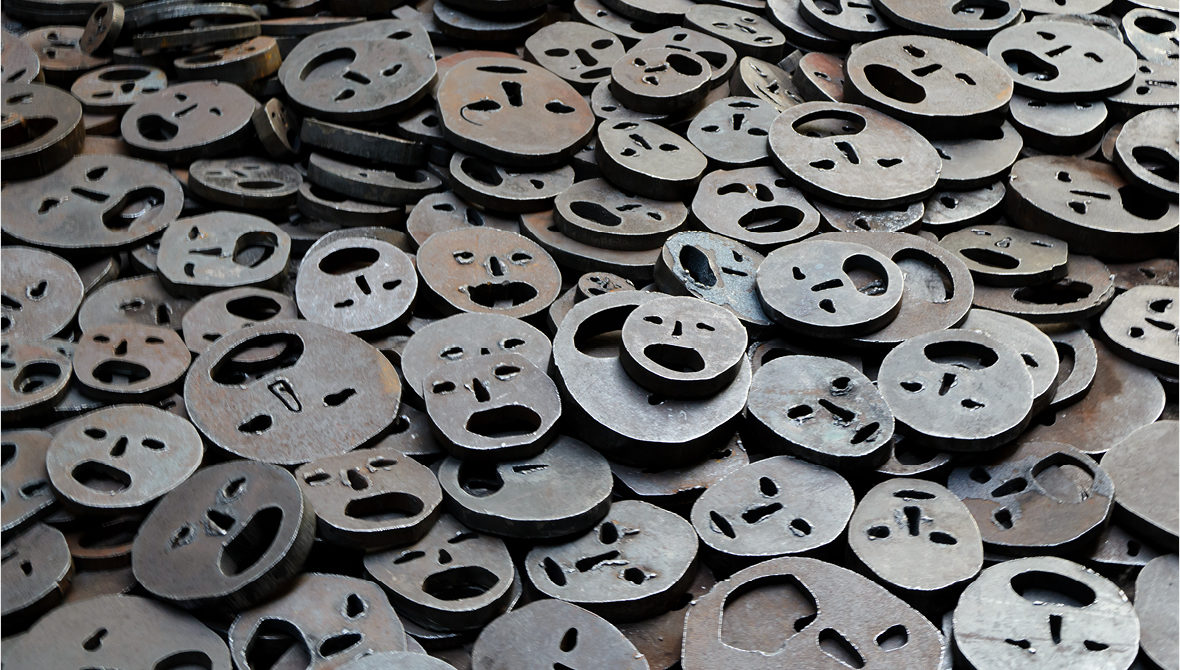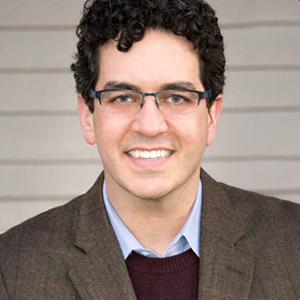Philanthropy in the Aftermath of Disaster


Last week, I stood amid Menashe Kadishman’s “Shalechet” (“Fallen Leaves”) in the Jewish Museum of Berlin. The installation features 10,000 metal faces strewn across a courtyard representing the six million Jews murdered in the Holocaust, but is dedicated to “all innocent victims of war and violence.” As I stood there with tears on my cheeks, I thought of Orlando, of Dhaka and Istanbul, of Virginia Tech and Oak Creek Temple, of the rising tide of violence against trans women of color and against Muslim communities, and of too many other acts of violence and terrorism to count. And I thought of this article I was to write about the role of philanthropy in the wake of disaster and felt that familiar feeling of being overwhelmed and the paralysis that comes when we struggle to respond in the face of tragedy.
On Sunday, June 12, I awoke heartbroken at the news of the shooting at the Pulse nightclub in Orlando. I was devastated to imagine that at the start of Pride, forty-nine LGBTQ men and women, mostly Latino/a, were gunned down in one of the worst mass shootings in modern American history. They were murdered for daring to go out and dance, to seek laughter and love and music. On Sunday, I couldn’t do anything but sit with the pain of this attack.
On Monday, I was inspired by the leadership of Equality Florida which quickly launched the Pulse Victims Fund, raising almost $7 million to support the victims, survivors, and families of those affected by the Orlando shooting. And I was inspired by Shireen Zaman and Paul DiDonato of the Proteus Fund (whose board I chair) as they mobilized Proteus, which has provided major funding to both the LGBTQ and MASA (Muslim, Arab, and South Asian) communities over many years.
“While direct support for victims is critical, a second unique and critical role for philanthropy is the support of the work that happens ‘when the cameras go away.’”
These two acts of philanthropic organizing represent, for me, two key responses of philanthropy in the wake of violence and disaster. First, many of us are moved to give directly to support the victims and their families. If you want to give directly to the victims and families, it is critical that you take the time to find a sound, credible organization that will ensure that your gift reaches those in need. One particular resource, created in the aftermath of too many acts of mass violence by the National Center for Victims of Crime, is the National Compassion Fund. They provide support in these moments of heartbreak and disaster, as they did working with Equality Florida quickly after the Orlando shooting, and are a trusted source for finding legitimate and trustworthy places to donate. Similarly, turning to well-known and regarded community and public foundations, like the Istanbul Fund created by the Turkish Philanthropy Funds, is a sound approach to ensure that your gift will be put to good use.
Beyond this immediate, direct support, we also know there will be a need for funds to support long-term work to help communities heal and rebuild, as well as advance the advocacy and policy work to help prevent future violence. While direct support for victims is critical, a second unique and critical role for philanthropy is the support of the work that happens “when the cameras go away,” as the Center for Disaster Philanthropy’s (CPD) president Bob Ottenhoff says. While focused more on natural disasters than acts of violence, the CPD’s resources are valuable for donors and foundations alike who may be wondering what they can do to help. As they point out in their basic tips for disaster giving, we must remember that “it will take some time for the full range of needs to emerge.”
More than anything, whether you give immediately or give for the long term, I believe that philanthropy’s role in the wake of disaster is to offer each of us the opportunity to act on our compassion. In the face of violence, it is all too easy to become overwhelmed and numb, to turn away. Instead, if we chose to give, to find a way to help, to not turn away, our gift will become one way for us to say to folks far or near: “our thoughts are with you, we support you, and together we will get through.”
